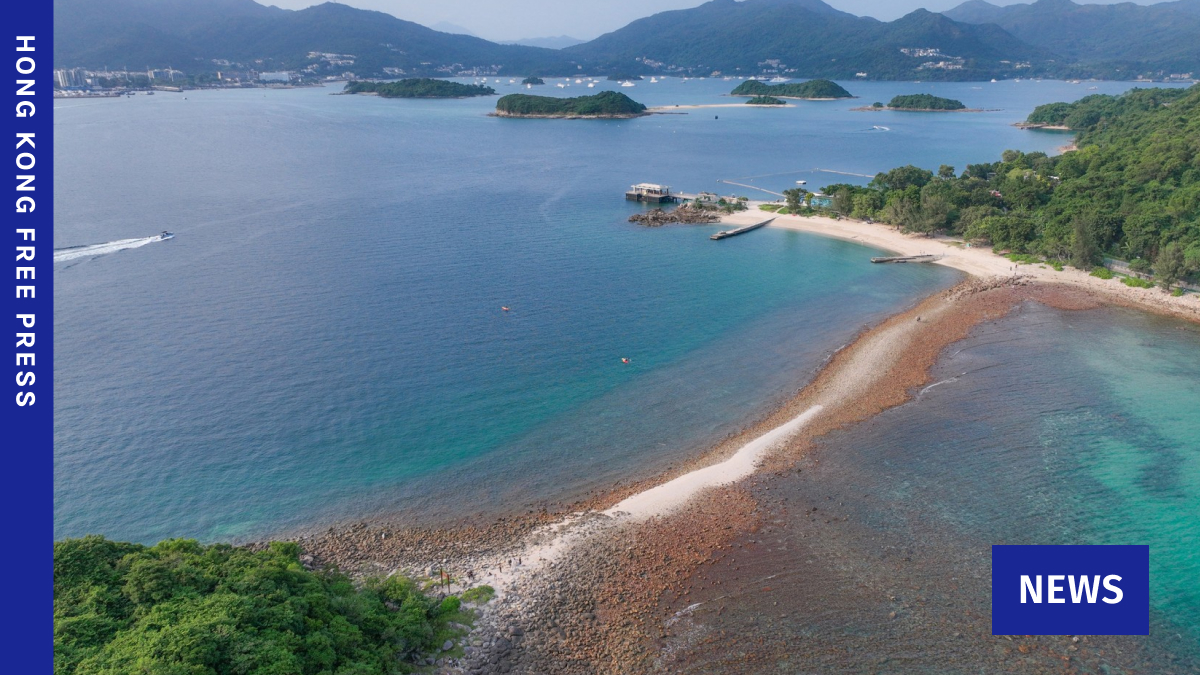Hong Kong gov’t urged to strengthen ecotourism regulations after 4,000 visitors on geopark island on Oct 1
By Kelly Ho
Copyright hongkongfp

The Hong Kong government should implement measures to prevent environmental damage to local geoparks, a green group has said, after a remote island became “overcrowded” with visitors during China’s National Day Golden Week.
Greenpeace Hong Kong made the call after its field survey found that 4,062 people visited the Hong Kong Geopark on Sharp Island in Sai Kung on Wednesday. October 1 is a public holiday in Hong Kong and the beginning of an eight-day nationwide holiday in mainland China.
The group pointed out that the Wednesday figure was even higher than the estimated 3,000 visitors at High Island Reservoir East Dam, another popular ecotourism destination in Sai Kung, during Labour Day Golden Week in May.
Greenpeace alleged that some boats had ignored the regulation by the Agriculture, Fisheries and Conservation Department and anchored directly within the coral zone on Wednesday.
A large number of visitors also dug up coastal organisms such as starfish, sea urchins, and clams, while others littered and started fires illegally for cooking, the group said.
According to Greenpeace’s Chinese-language statement, “the excessive crowds undoubtedly put immense pressure on the environment.”
It went on to say, “Too many tourists were also gathered there to snorkel, with some even walking on the coral surface, which could break or kill the coral. This may exacerbate the persistent problem of coral bleaching in the area in recent years.”
In the 2025 Policy Address last month, Chief Executive John Lee vowed to develop ecotourism “by enhancing green tourism itineraries” and facilities of the “Four Peaks,” namely the Peak, Lantau Peak, Sai Kung Hoi, and Tai Mo Shan.
He said the initiative would be completed by the end of 2026 to allow visitors to enjoy spectacular mountain and sea views in the city.
Greenpeace Project Manager Ha Shun-kuen said on Friday that the government’s proposal, without a comprehensive ecotourism policy, could lead to overtourism and ecological destruction.
The “overcrowding” at Sharp Island this week proved that the approach of strengthening enforcement at specific tourist hotspots was a “piecemeal solution” that does not solve the issue of overtourism, he said.
“Only with comprehensive policy measures can we truly conserve the ecologically valuable geopark,” Ha said.



